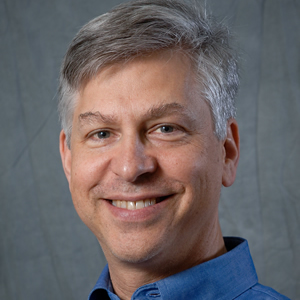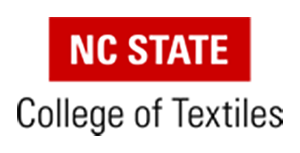October 13 - Professional Audio-Video Production on Linux
2016-10-02Recording: YouTube
Summary From concept to finished product, it has never been easier to obtain professional results when it comes to audio-video production on Linux.
We will cover some of the hardware that should be part of your production suite, from microphones to jog wheels and highlight some of the top tools for animation, audio, broadcasting, effects, modeling, music, transcoding and video. We will also go beyond the usual suspects and introduce some tools that might not be typically used for AV production.
By the end of the presentation, you will have all the tools you need to improve the quality of your communications, for your personal enjoyment, your career, or your business.
Bio Francois Dion is the founder of Dion Research and a data scientist at Inmar. He has worked at the Canadian Broadcasting Corporation, at Videotron (Quebecor), is the resident AV expert for Made From Scratch Photography and he hosts the podcast “Something For Your Mind”. He also contributes to open source, and is a regular speaker at Linux and Python conferences and meetups.





